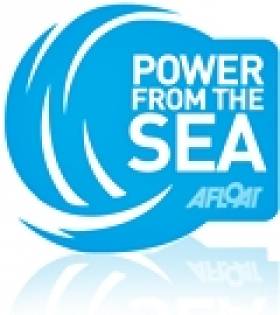Displaying items by tag: Friends of the Earth
Sea Power Projects Could Be Good for Marine Wildlife Says Report
#POWER FROM THE SEA - Marine-based renewable energy projects could be introduced without a damaging impact on marine wildlife, according to a new briefing paper from Friends of the Earth.
Business Green reports on the paper from the environmental campaign group, written by marine ecologist Martin Attrill of Plymouth University's Marine Institute, which draws together research on the biodiversity impact of offshore wave energy, tidal energy and wind power schemes.
Attrill found that the deployment of sea energy arrays could ultimately benefit many marine species by reducing the effects of fishing activity, and even acting as reefs to attract new sea life.
He cites the example of a grey seal colony in Strangford Lough that has steered clear of a nearby tidal turbine over the three years of its operation in the lough.
However, Business Green says the report makes clear that the deployment of such projects "must be done sensitively", noting that any negative impact on biodiversity "would be significantly lower than the damage done to marine wildlife by rising sea levels caused by climate change".
Business Green has more on the story HERE.
























































